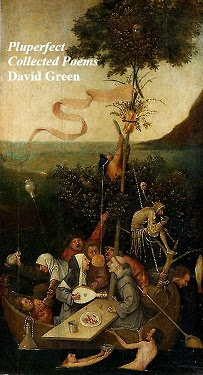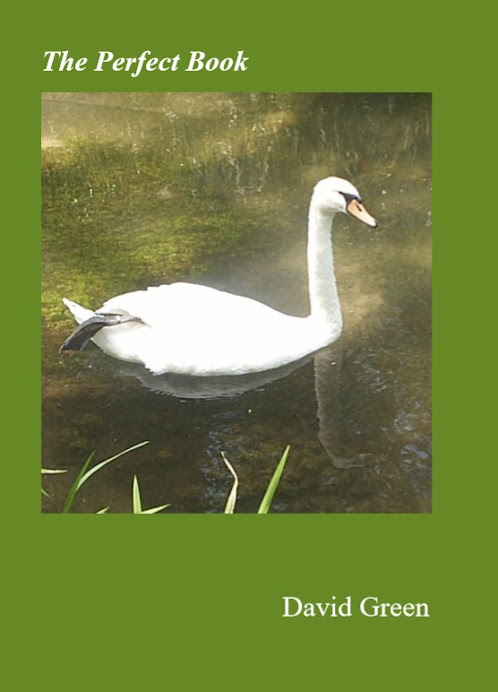I've not always been entirely convinced by Lear. He seems to bring it all on himself to a greater extent than Shakespeare's other tragic heroes and so my sympathy for him is limited. I've seen a few eminent Shakepeareans (Beale, Wells among them) nominate it as the greatest Shakespeare play in recent years, assume they must have seen one or two productions of Hamlet and so don't understand their choice. Hamlet seems to me to be the 'signature' work for a number of reasons - the way it resonates, its layers, complexity and possibilities- and one is tempted to agree with Middleton Murray who regretted that Lear was written at all for its 'uncontrollable despair' but we've come a long way since then and become more attuned to despair.
This new film production, a bank holiday treat, has Anthony Hopkins, Richard Eyre, Emma Thompson, Jim Broadbent and much more, is set in a modern totalitarian state that looks like London and the only thing more commonplace than Shakespeare tragedy being set in modern totalitarian states these days is me pointing out that it's become commonplace rather than a bold new re-reading. It seems less appropriate in Lear than Hamlet or Macbeth because I'm not aware of it being customary in totalitarian states for the succession to be organized by devolution. One expects centralization, the appointment of one successor rather than three. And therein, I suppose, is his first mistake.
But such a cast, the language, the sheer brutality and magnificence of the thing make it possible for all such reservations to be overcome,
All's not offence that indiscretion finds
And dotage terms so.
Indeed not. If Shakespeare's other tragic figures are reduced by their fatal flaws, Lear is perhaps redeemed in the consequences of his foolishness but much too late for it to do him any good. Hopkins brings forward some of the pausing thoughtfulness from his days as head butler in The Remains of the Day to good effect but is not far enough ahead of Jim Broadbent's Gloucester or his Fool to dominate his own play in rainswept torment that achieves a compelling balance between grandeur and appalling. The set piece scenes on the heath, and Gloucester on the cliffs at Dover, the putting out of the eyes and subsequent blindness that in Titus Andronicus would have been written off as horror for horror's sake, will remain long in the memory. Always a good metaphor, blindness- perhaps it can go round again despite how many times it's been used.
A Shakespeare Concordance would identify, if we didn't notice already,
These dispositions which of late transport you
From what you rightly are.
and we are thus guided to the idea of someone being derailed, even more alarmingly here than when the word first showed up in the oeuvre. But whereas Hamlet was a passive victim of circumstances that he eventually, very eventually, has to confront, Lear is much more the architect of his own tragedy and the victim of his own nature. Perhaps that is profound but the usual excuse for military fatigues, machismo and the abuse of power is only an extension of his controlling nature, his sense of entitlement to overstated flattery and upset at being told by Cordelia that she's not that bothered. There's plenty of people who would still benefit from being told as much.
It is worth noting that Act 5 is shot in black and white. In the same way that poetry itself works on a limited number of effects - rhyme or not, ryhthm, alliteration, assonance, all those things - film also only has a few choices to make and so they should not be wasted but the greying effect of b/w, the worn out atmosphere suggested in the last stages of the drama, is worth the use of it here.
So, I am turned around by this new Lear after all and will watch it again while it remains on the i-player. Life goes on. Albany and Edgar inherit the traumatized kingdom. It is the same news story as is on every week. Another bunch of fanatics plot, scheme and massacre in pursuit of power, nobody wins, somebody else turns up and the poet records it.
I'd much rather be the poet.
Copyright ©2005-2017 by PlayShakespeare.com.
Visit http://www.playshakespeare.com/license for details.
Copyright ©2005-2017 by PlayShakespeare.com.
Visit http://www.playshakespeare.com/license for details.

















